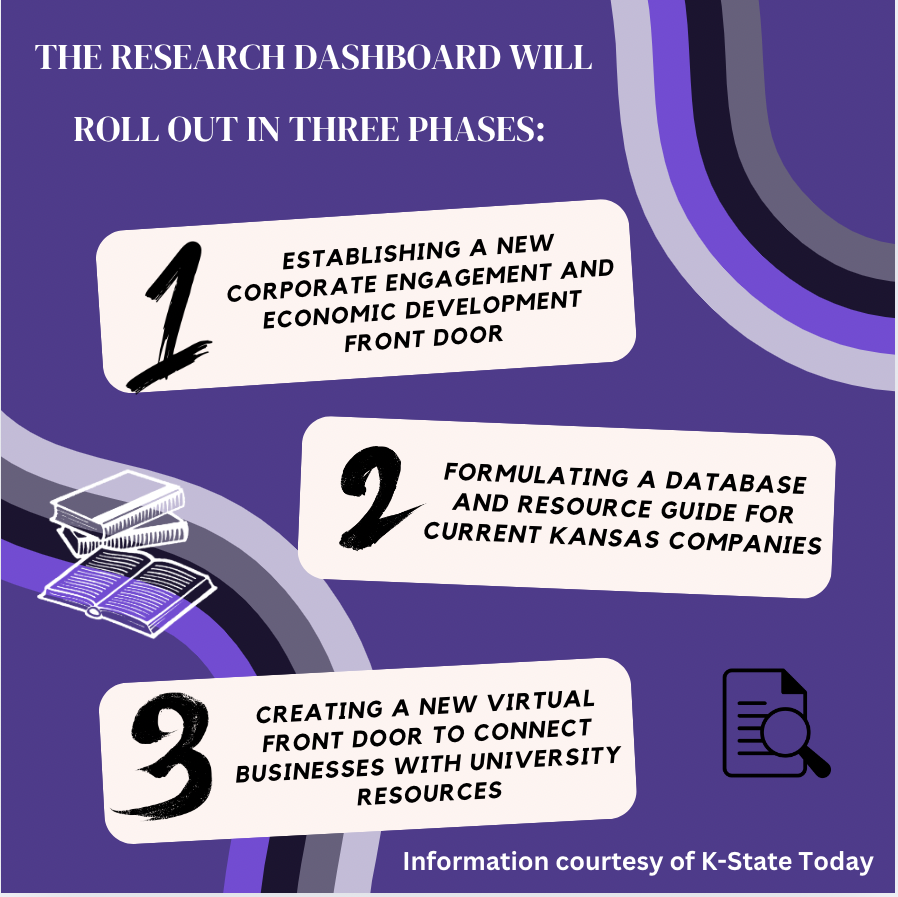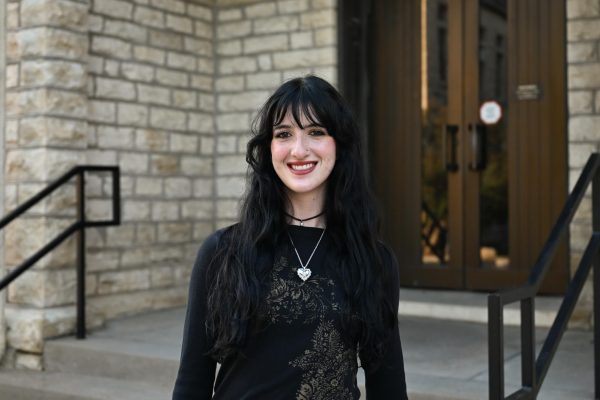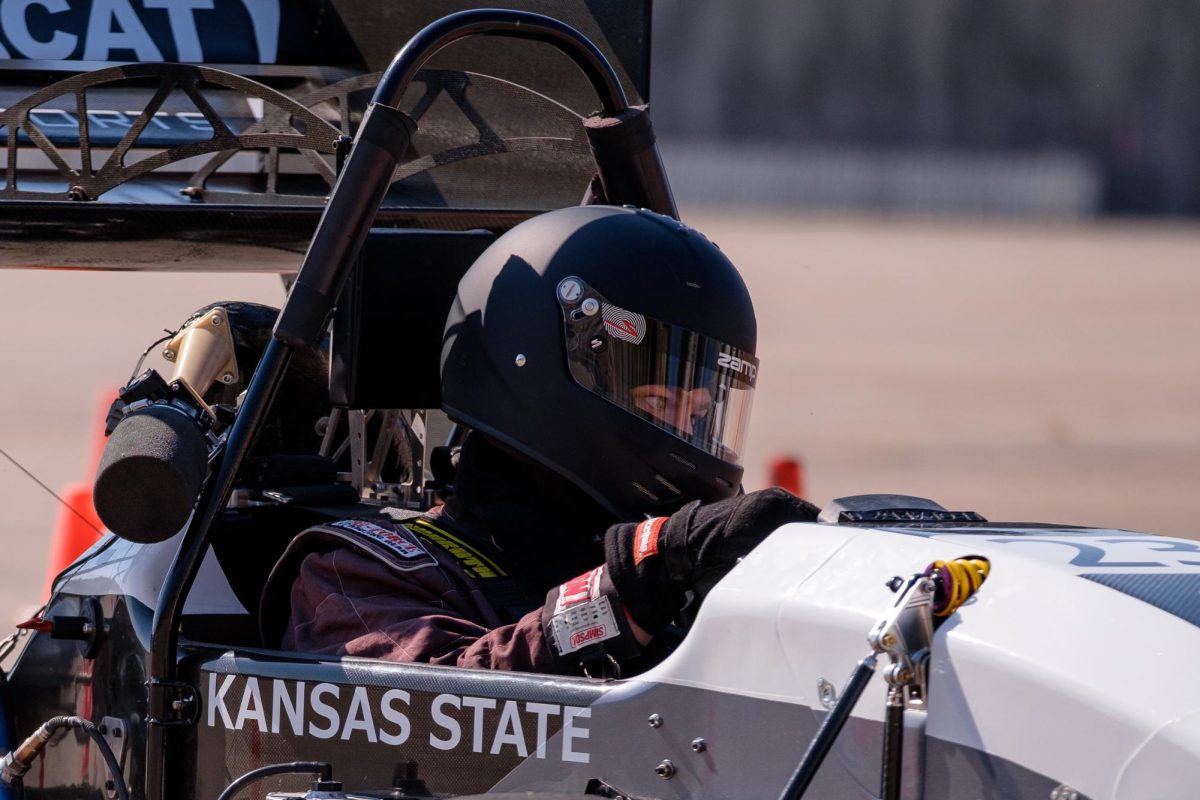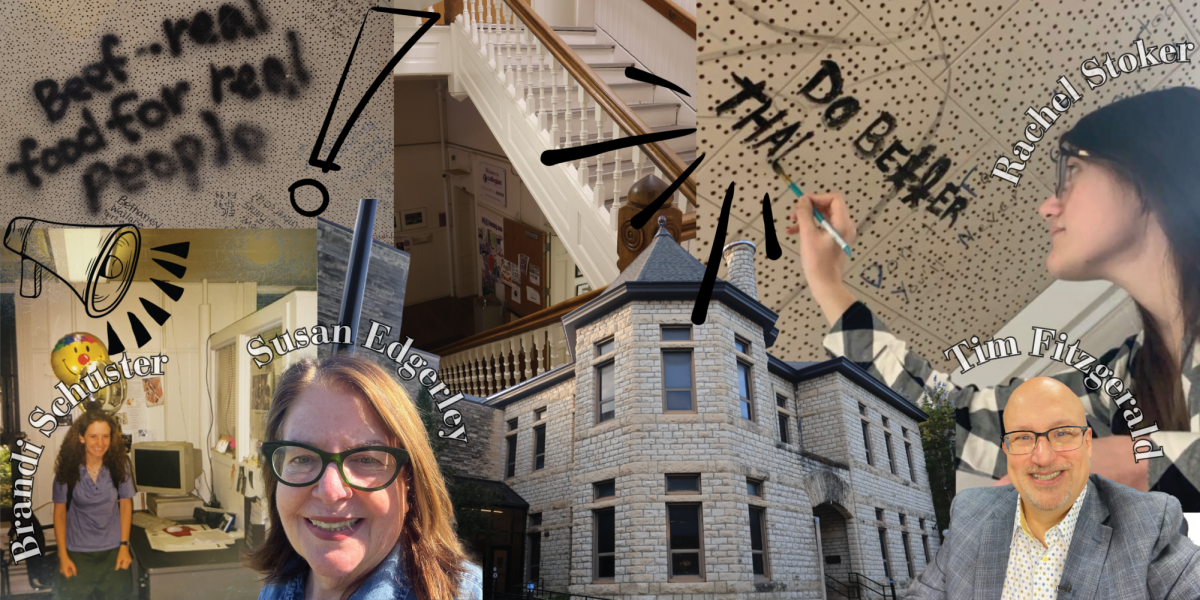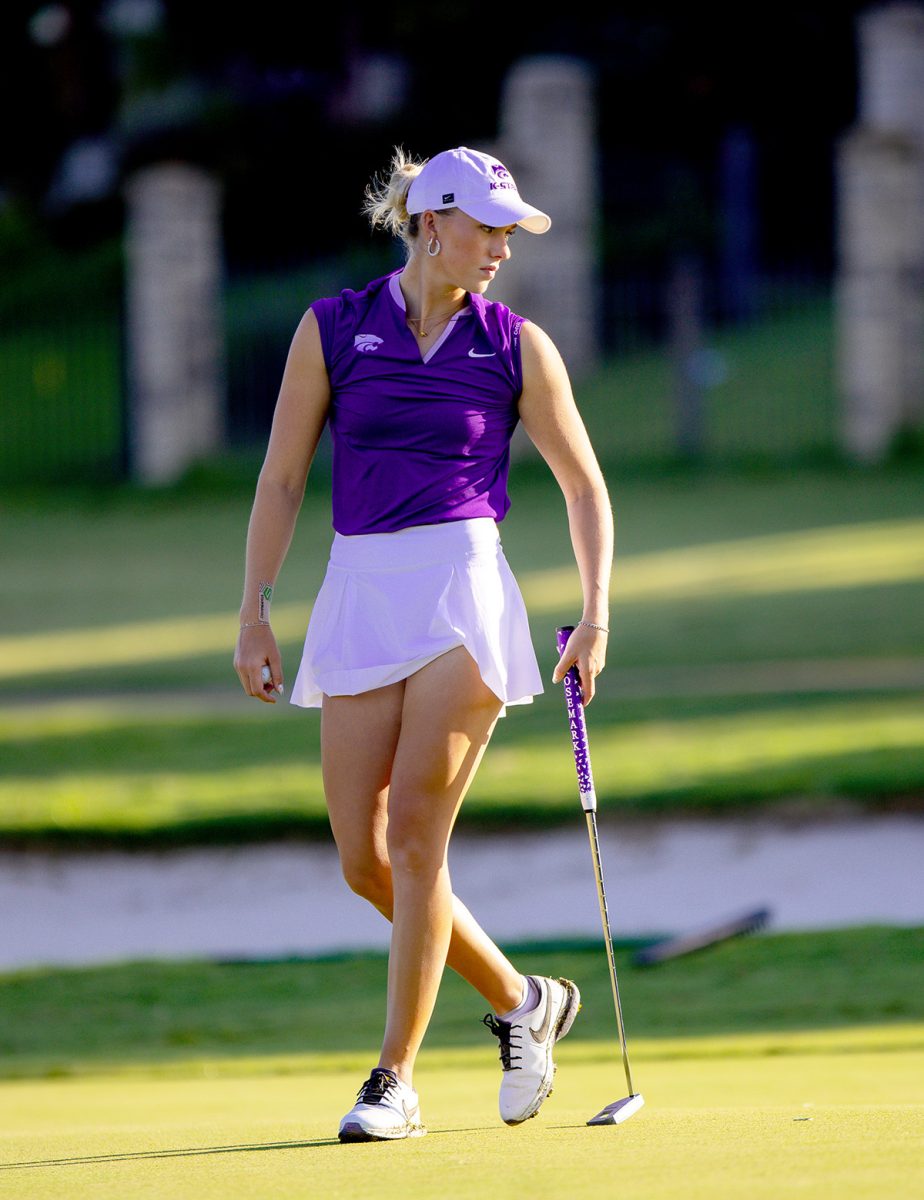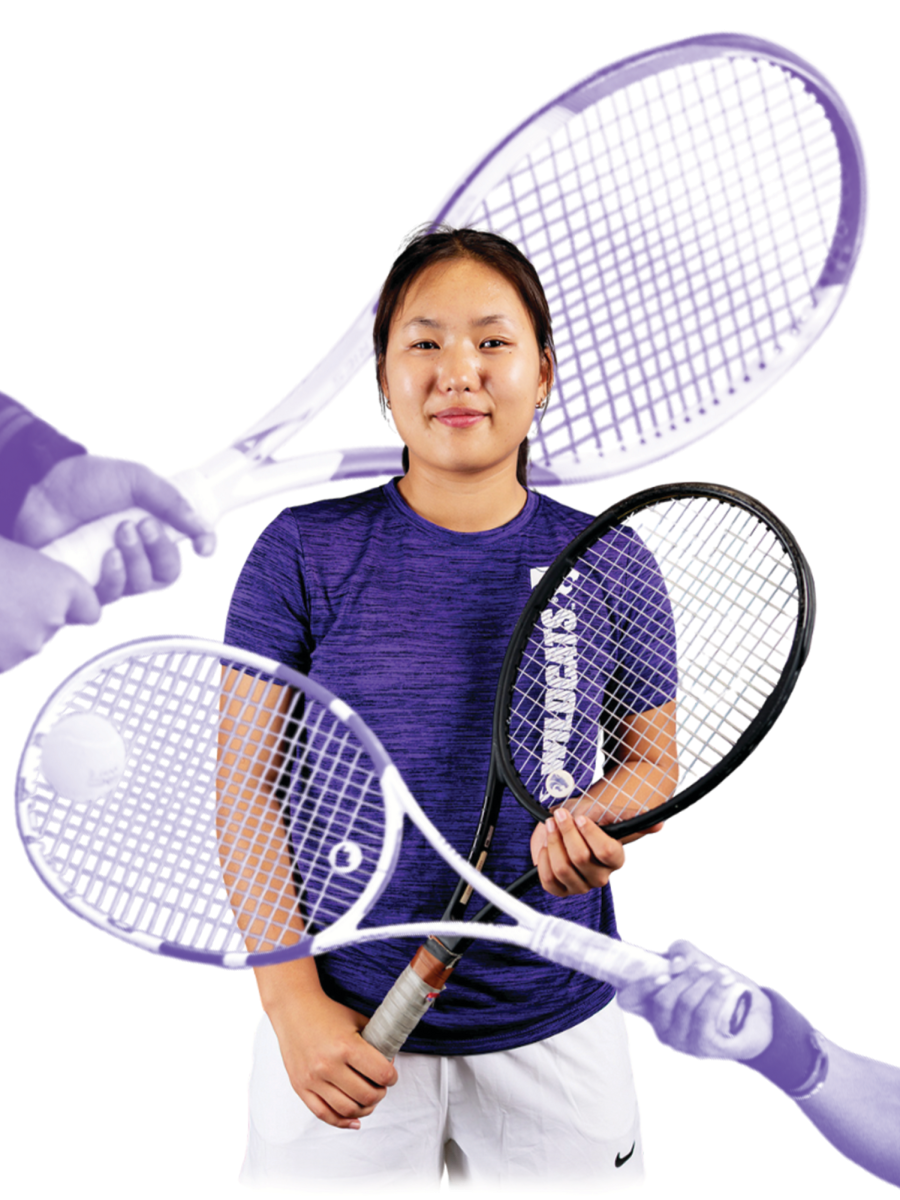The Kansas Department of Commerce awarded the $500,000 Forging Opportunities for Research, Growth and Entrepreneurship program grant to Kansas State to help the university strengthen corporate engagement, Marshall Stewart, executive vice president for external engagement and chief of staff, said.
“One of the things that we really are trying to do is strengthen work with companies, corporations — what we would call corporate engagement,” Stewart said. “Those relationships and those partnership opportunities, we want to strengthen it. We’ve done some great work over the years, but we’re really going through a time of really reviewing our commitment to that and bringing in some new staff. We’ve got some new people working in that space, and the FORGE grant allows us to accelerate that work.”
Stewart said the main project made possible by the grant is a new online dashboard that will allow anyone to access K-State’s research opportunities.
“Right now, if you think about an external partner, be it a company, an individual, an entrepreneur or whoever it may be, trying to get inside the university and figure out who does this specific kind of technology that might be helpful to my business … right now it’s very difficult to navigate that,” Stewart said. “… [The online dashboard will] create this public, virtual front door so that people can come inside of the university and connect with faculty.”
Grant Hill, deputy chief of staff for the president’s office, said the dashboard will be a valuable resource for K-State students who want to get involved in research.
“It’s going to allow the students to be able to see, right in one place, what innovation is happening at K-State without having to search it out,” Hill said. “It’s going to be right there at your fingertips. It’ll give them a little bit more insight into the passionate faculty that are across our institution to be able to identify who they maybe want to do research with or see if they have any spots in their lab.”
Hill said the dashboard will be completed in waves and is still in the early planning stages.
“We’re working at all the academic colleges to start creating that pilot group that would be in the first wave to be in this dashboard,” Hill said. “So we’re still in the preliminary stages of identifying who would be the first few in there so that they can continue to be scaled over the course of the next few months and year.”
Patrick Lowry, spokesperson for the Department of Commerce, said the FORGE grant also aims to help Kansas universities make an impact on the economy statewide.
“The program aims to bridge the gap between academia and industry, ensuring that groundbreaking research within the universities translates into new wealth creation in Kansas,” Lowry said. “FORGE seeks to propel economic growth and solidify Kansas as a national leader in innovation.”
Stewart said K-State will use the grant to support Kansas’ economy.
“Universities are enormous economic engines for the state,” Stewart said. “Our economic impact on the state of Kansas is $2.3 billion a year. That’s Kansas State University. One of the ways we do that is through this research and innovation that we make available to companies, organizations, [and] partners within the state of Kansas. We’re very excited to have an opportunity to do that.”
Stewart said the work accomplished with the FORGE grant ties in with the Next-Gen K-State Strategic Plan.
“If you go back to our strategic plan, one of the things we talk about in that plan is the desire to be a better partner with external partners, partnering our research and innovation with the external community at large,” Stewart said. “This is a way to build that bridge.”
Stewart said the grant will benefit not only K-State researchers, but the student body as well.
“One of the fundamental reasons that we exist as a university — we obviously educate students, but the education we provide is always informed by research,” Stewart said. “Whether you’re taking an English class, a biology class, an agricultural class, a chemistry class or an engineering class, whatever the class may be, we teach based on research and innovation … That’s why they should care.”






















































































































